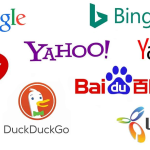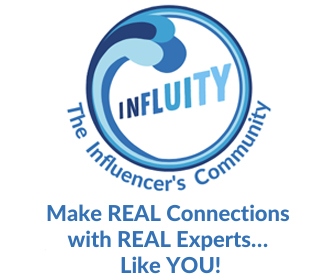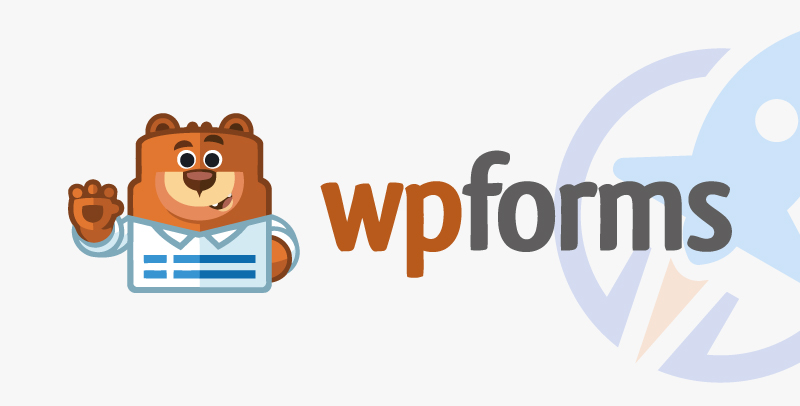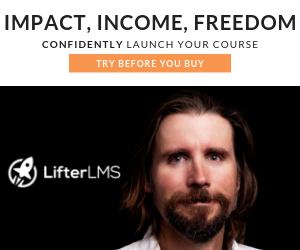When was the last time you felt good about being lightly manipulated or guilted into something? Probably never.
Behavioral economics 101 emphasizes the power of defaults in steering behavior. Just check the box, circle, or highlight the option you want people to choose, and place it in the middle.
These defaults are better described as choice robbers. They may not be grand theft larceny, but still, by steering the choice, you’re taking part of it away from me. The common retort, “but it works,” is often followed by the organ donation example or the experiment of giving vegetables prime shelf real estate in a cafeteria. However, the problem with only reading the headline and throwing it in a PowerPoint is that choosing and “using” are not the same thing.
Yes, making organ donation opt-out (vs. opt-in) did increase the number of people “choosing” it. However, it caused turmoil at the time of death, with grieving families objecting to this “choice” not reflecting the actual wishes of the deceased. Similarly, placing vegetables in more prominent, easy-to-choose locations did increase vegetable selection, but it didn’t increase vegetable consumption. They got thrown away.
If you choose for me, you might win the battle but lose the war. My choice matters, and not just because I’m stubborn. When I make a choice, I feel more attached to it and want to behave consistently with it—for example, continuing my monthly donation.
The “soft ask” often works not because it’s soft but because it feels more choiceful, more supportive of my autonomy. Your guilt-trippy language robs me of my internal motivation to give, as do your pressure tactics. And yes, your defaults might get me to choose but not to “use.”
We scored copy for its autonomy-supportive language or lack thereof using a custom GPT model. We compared those scores (X-axis) with response rates (Y-axis), and the pattern is clear:
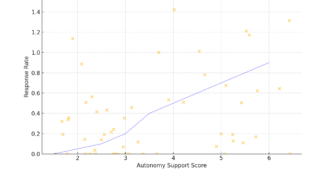
If it feels like my choice because you:
- Tailored the copy to my values
- Gave me a reasonable rationale for why I should give
- Eliminated the guilt-trip language
- Dropped the hard-sell language (note: repeating the ask 3, 5, or 17 times violates this)
Then I’ll give and keep giving.
Kevin

